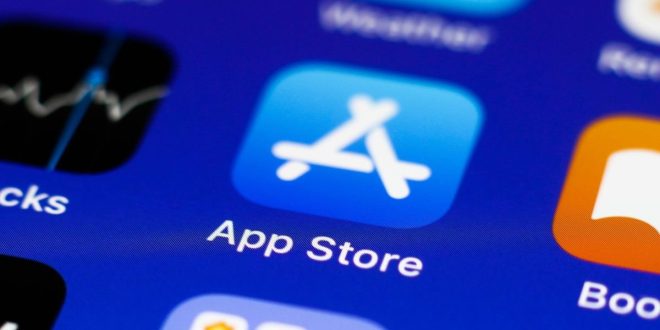Ahead of new EU regulations next year, Apple’s iOS 17 software will reportedly pave the way for app sideloading and alternative app stores on the iPhone.
– iOS 17 will allegedly lay the groundwork for app sideloading and third-party app stores to comply with new rules in the European Union.
– Sideloading will permit customers to easily install apps from alternative app stores, websites and other sources, much like on the Mac.
– Also, customers will be able to install third-party apps for software distribution on their iPhones other than the company’s official App Store.
– Apple must comply with the EU’s Digital Markets Act (DMA) by March 2024.
iOS 17 said to enable sideloading and third-party app stores
Mark Gurman writes in the latest edition of his Power On newsletter on Bloomberg that iOS 17 will bring changes to comply with the EU’s mandate by March 2024. “Apple is working to overhaul the software to open up the iPhone to sideloading to comply with new European regulations by next year,” he wrote.
He didn’t detail what those changes might be or how the app experience might change for the customer. Presumably, there would be a section in the iPhone’s Settings app to select a third-party app store to install apps.
The company isn’t making these changes because it thinks having a choice is good for the consumer. Instead, the EU’s sweeping DMA is forcing technology companies like Apple and Google to enable people to opt for alternative sources of apps.
For example, the user might want to download games from Epic’s mobile game store if Epic chooses to bring it to the iPhone. Microsoft is allegedly already working on a dedicated iPhone app store for Xbox cloud gaming.
For developers, the main benefit of third-party app stores is bypassing Apple’s payment systems and screening process. For users, it’s the ability to install apps from sources other than the App Store, a practice known as sideloading.
What about the iPhone’s security?
Apple has been arguing that those changes would reduce the security of its users and make the experience worse because people would need to provide their payment details to a third party. Also, Apple wouldn’t screen submissions or handle refunds for apps downloaded from third-party app stores. Apple’s boss Tim Cook previously argued that sideloading would “destroy the security of the iPhone.”
The Cupertino giant will likely share developments regarding sideloading and third-party app stores with its developers during the upcoming WWDC, which takes place virtually June 5-9. The company will also preview the forthcoming iPadOS 17, tvOS 17, watchOS 10 and macOS 15 software updates at the conference, in addition to the rumored xrOS software said to power its first AR/VR headset.
 Alghadeer TV Alghadeer TV
Alghadeer TV Alghadeer TV

